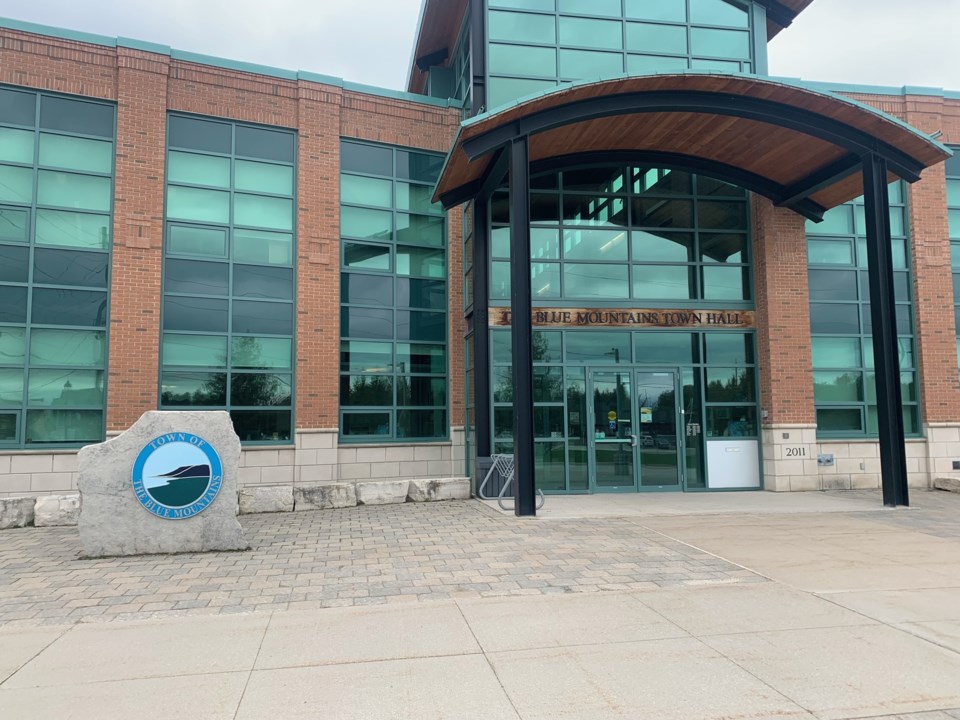The Town of The Blue Mountains may consider a vacant home tax as one means of addressing the ongoing housing crisis in the community.
At its committee of the whole meeting on Sept. 27, council voted unanimously to receive and endorse an extensive attainable/affordable housing report/strategy from CAO Shawn Everitt.
The report reviewed the entire affordable/attainable housing file in The Blue Mountains including: steps taken so far, goals that have been set, Grey County initiatives to address the issue and future avenues for the town to pursue. The full report can be found here.
The report also called on the town to consider a vacant home tax, similar to what is being pursued in York Region and to consider a range of incentive programs to encourage the building of a range of affordable/attainable housing stock.
“I don't think there is a one-size-fits-all, you need to have a range. What the town needs is a full range of housing,” said Everitt, who said there are a myriad of opportunities to investimate. “The sky is the limit. We have to be innovative.”
Everitt said he has already initiated a process to speak with the CAOs of other neighbouring municipalities about taking a regional approach to the affordable/attainable housing issue. He reported that there is interest from others to collaborate on the issue.
The CAO’s suggestion that the town look at a vacant home tax drew a lot of attention from members of council.
A vacant home tax home tax would be applied to homes left empty after being purchased as investment properties. The tax is meant to encourage the property owners to rent out their empty units. Revenue collected by the town through such a tax would then be used for affordable/attainable housing programs.
The province introduced the initiative in its Fair Housing Plan in 2017, but only municipalities designated by the province are eligible to levy such a tax.
Town staff explained that the vacant home tax is a concept at this time and a lot of hurdles will have to be cleared before such an initiative is possible. Everitt said the concept was included in the report for council’s endorsement to allow staff to begin that process.
“Let staff move forward to get additional information about what that looks like,” he said. “The majority of people want us to consider pie-in-the-sky ideas. There is a lot of information that has to be gathered for us to consider this.”
Director of Legal Services Will Thomson said at this time only Ottawa and Hamilton have the ability to levy a vacant home tax. York is currently petitioning the province to receive similar authority.
“It is a brand new power,” said Thomson.
Everitt outlined a number of avenues for the town to pursue and consider in the report. Including:
- Consider the willingness of neighbouring communities and potentially invest in the completion of a comprehensive housing stock inventory and living needs study
- Set the focus on adding a range of rental stock as a prioirty
- Consider what has been built in the last three years in The Blue Mountains
- Be mindful of the annualized local “living wage”
- Incentivize the building of a range of housing
- Further consider the merits of a vacant home tax
- Have council provide clearly defined ranges of attainable housing rates in collabration with The Blue Mountains Attainable Housing Corporation and other key stakeholders
- Voluntary contribution in lieu of provision of attainable housing units for new developments
- Suite of options included in the Official Plan review relating to attainable housing



